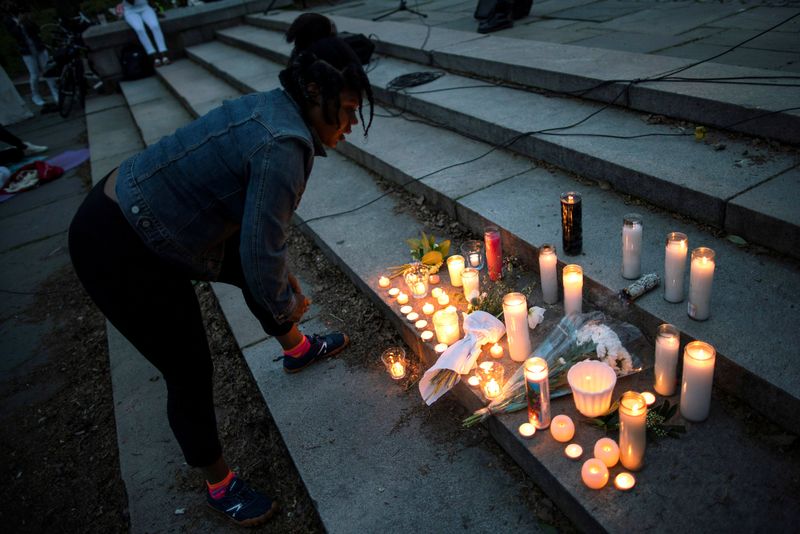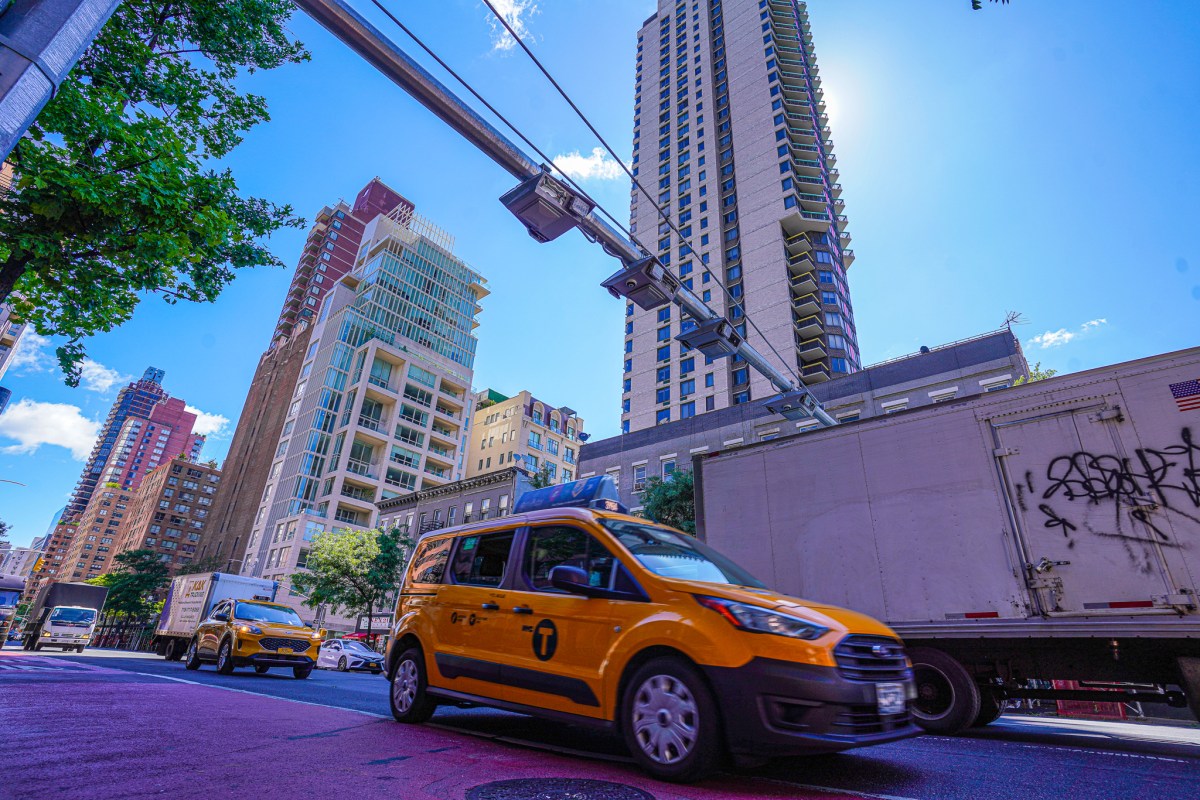(Reuters) – The rate of U.S. gun deaths surged 35% in 2020 to the highest point since 1994, with especially deadly levels for young Black men, the U.S. Centers for Disease Control and Prevention said in a report published on Tuesday.
African Americans as a whole were at least four times more likely to be killed by a gun than the overall population, and 12 times more likely than a white person, the data showed.
Increased gun violence linked to the coronavirus pandemic in 2020 has been widely noted previously, with an FBI report last year showing homicides increased 30%.
The CDC report goes further in placing the rate of homicides caused by firearms to the highest level in 26 years, while also noting disparities based on race, ethnicity and poverty.
The firearm homicide rate, measured per 100,000 people, rose from 4.6 in 2019 to 6.1 in 2020, the report said, with a strong correlation to poverty.
Among African Americans, the rate was 26.6 deaths per 100,000, a 39.5% increase over 2019. For white Americans, the rate was 2.2 per 100,000.
By raw numbers, there were 19,350 gun homicides in 2020, with African Americans accounting for 62% of the total and white people 21%.
Gun suicides, measured separately, totaled 24,245 in 2020. The rate of 8.1 gun suicides per 100,000 people was little changed from 7.9 in 2019.
The study found the reasons for widening inequality were “unclear and potentially complex,” noting the COVID-19 pandemic might have “exacerbated existing social and economic stressors.”
But race played a distinct role, as other minorities were also found to have higher rates of gun deaths.
“Longstanding systemic inequities and structural racism have resulted in limited economic, housing, and educational opportunities associated with inequities in risk for violence and other health conditions among various racial and ethnic groups,” the report said.
(Reporting by Daniel Trotta; Editing by Lincoln Feast.)





















